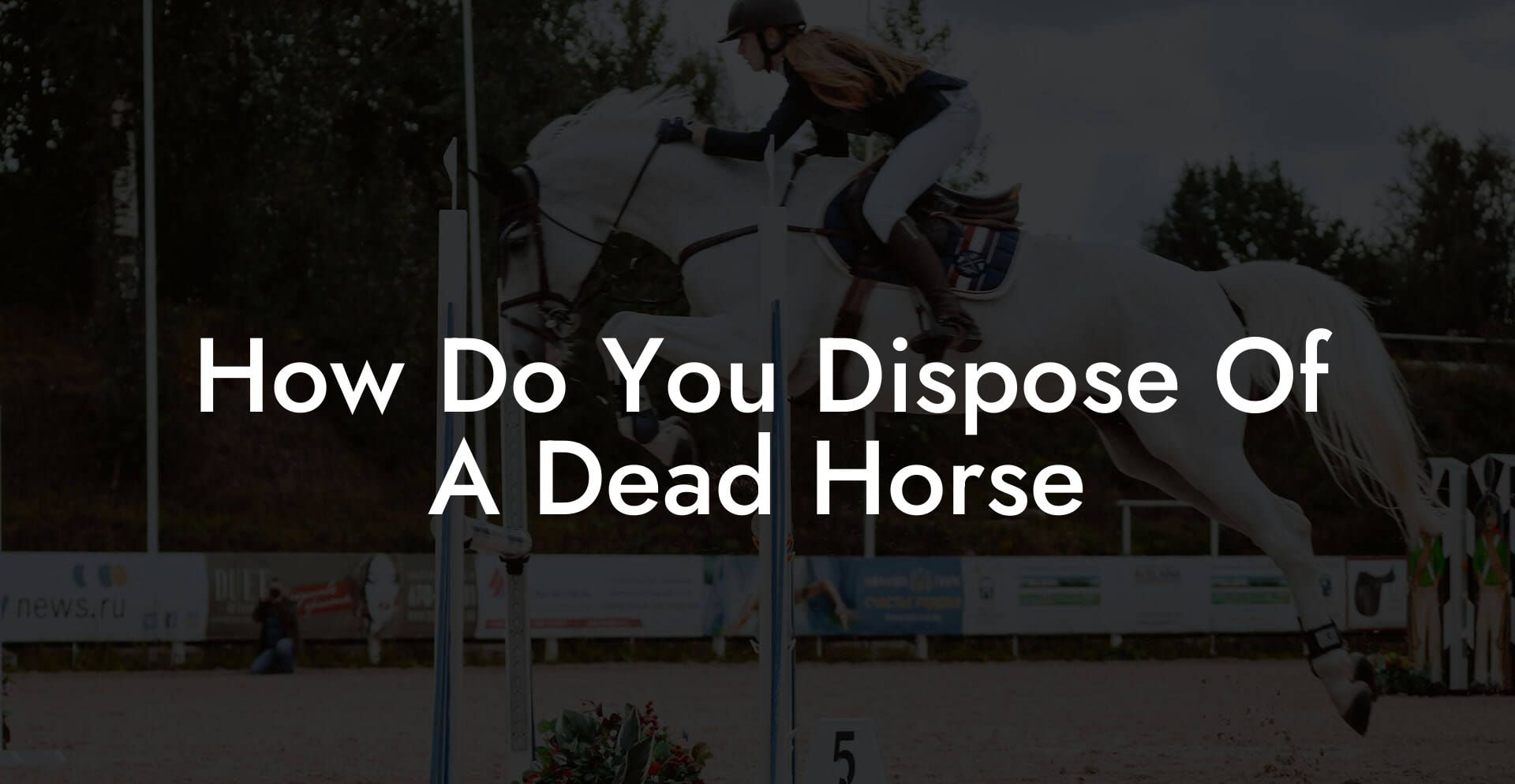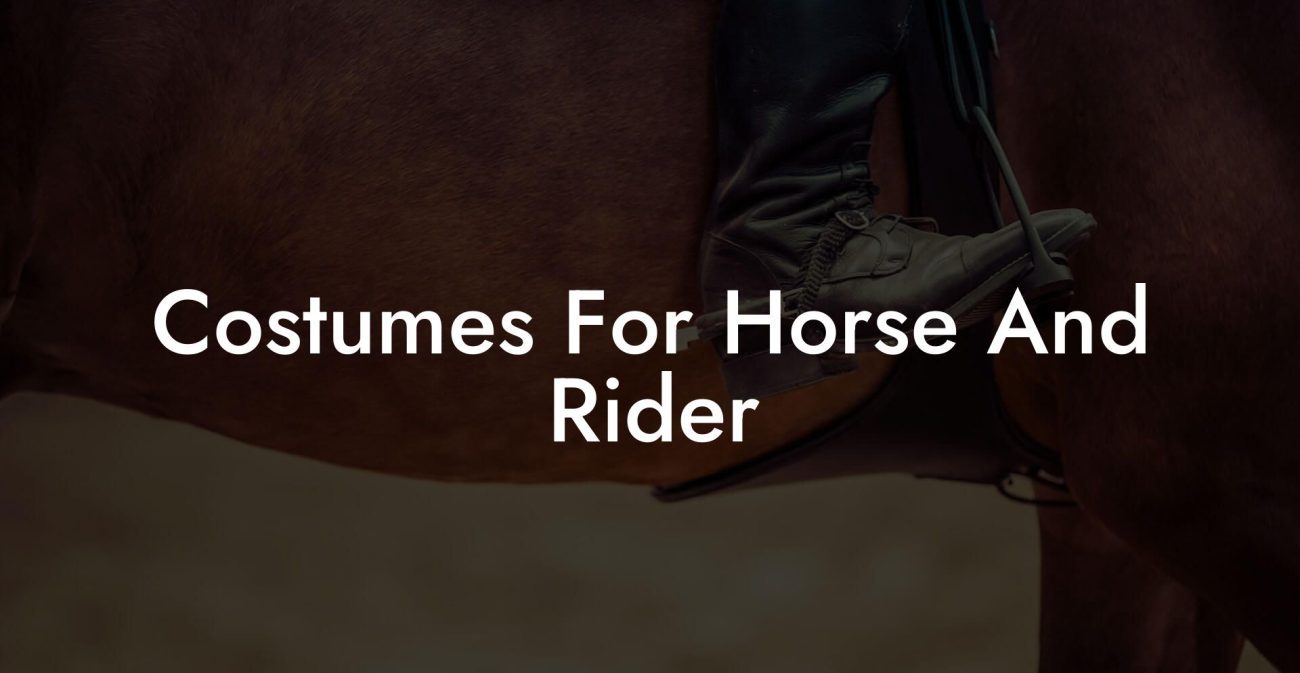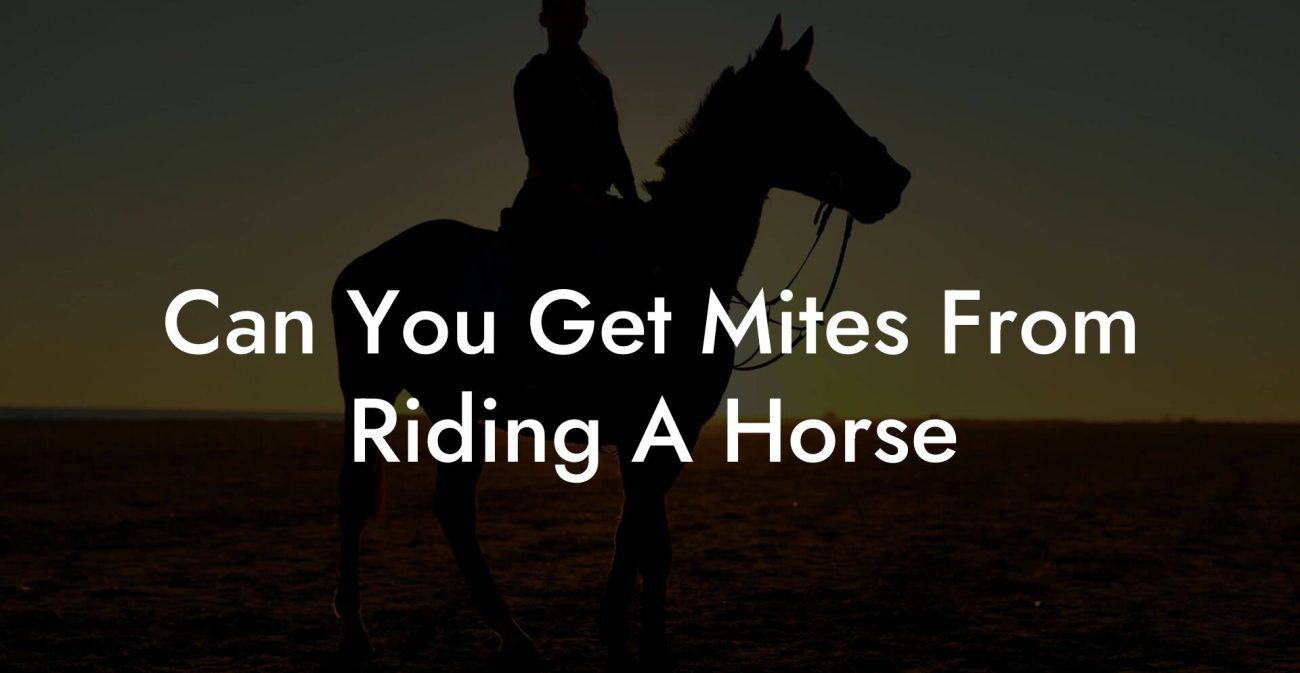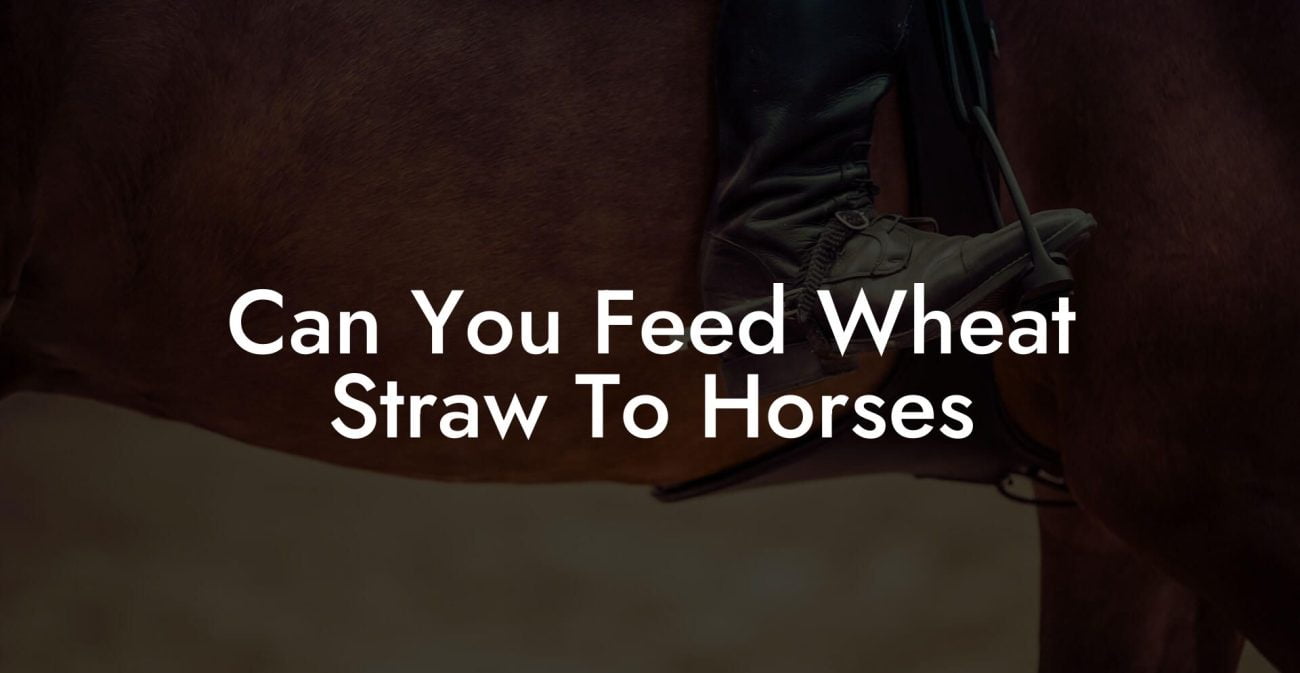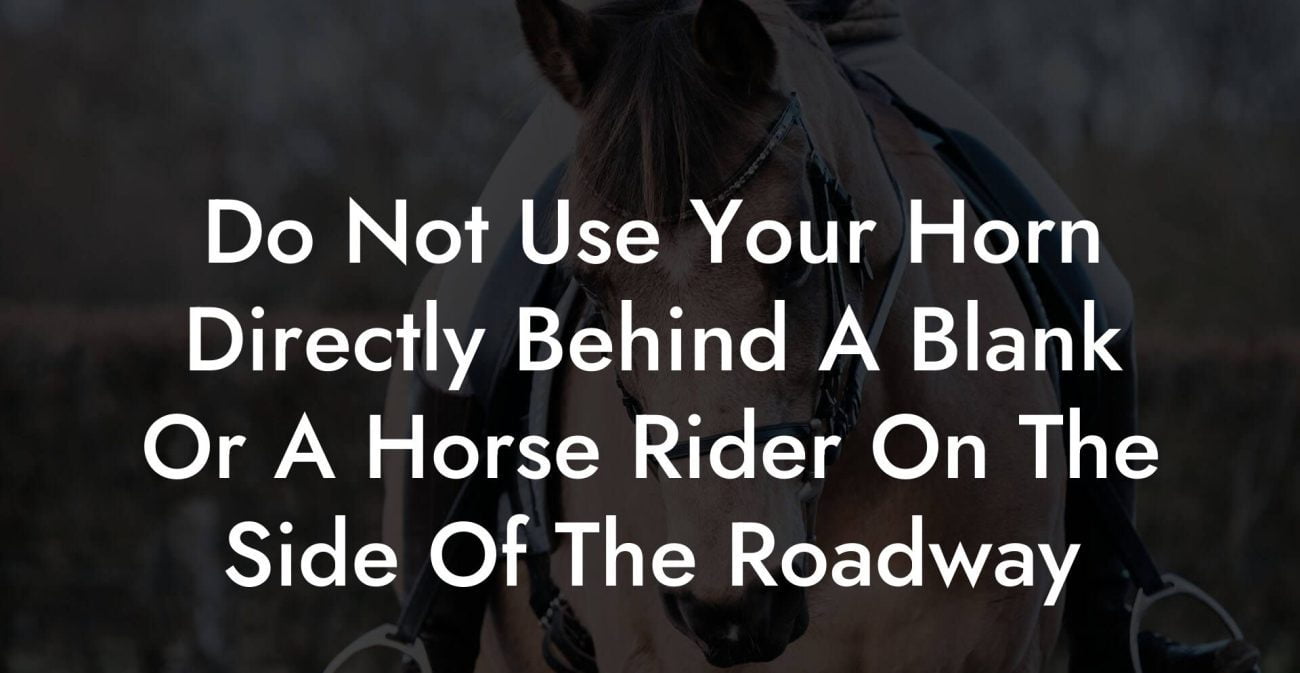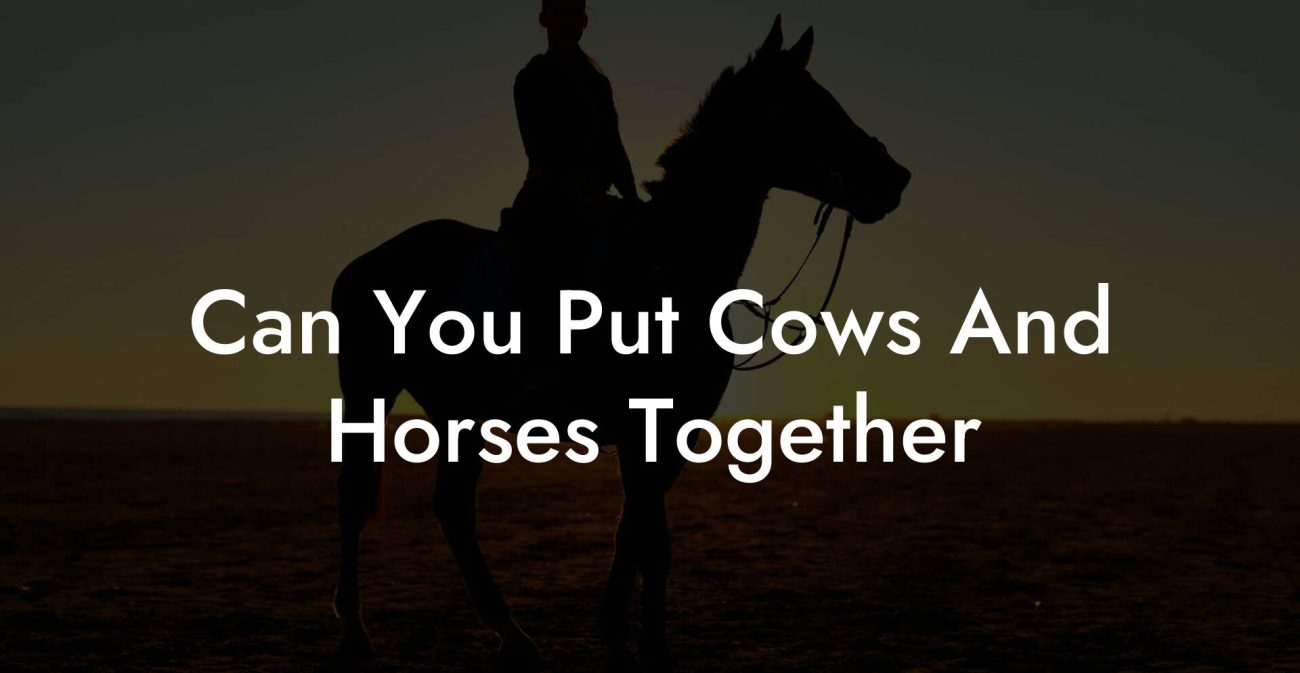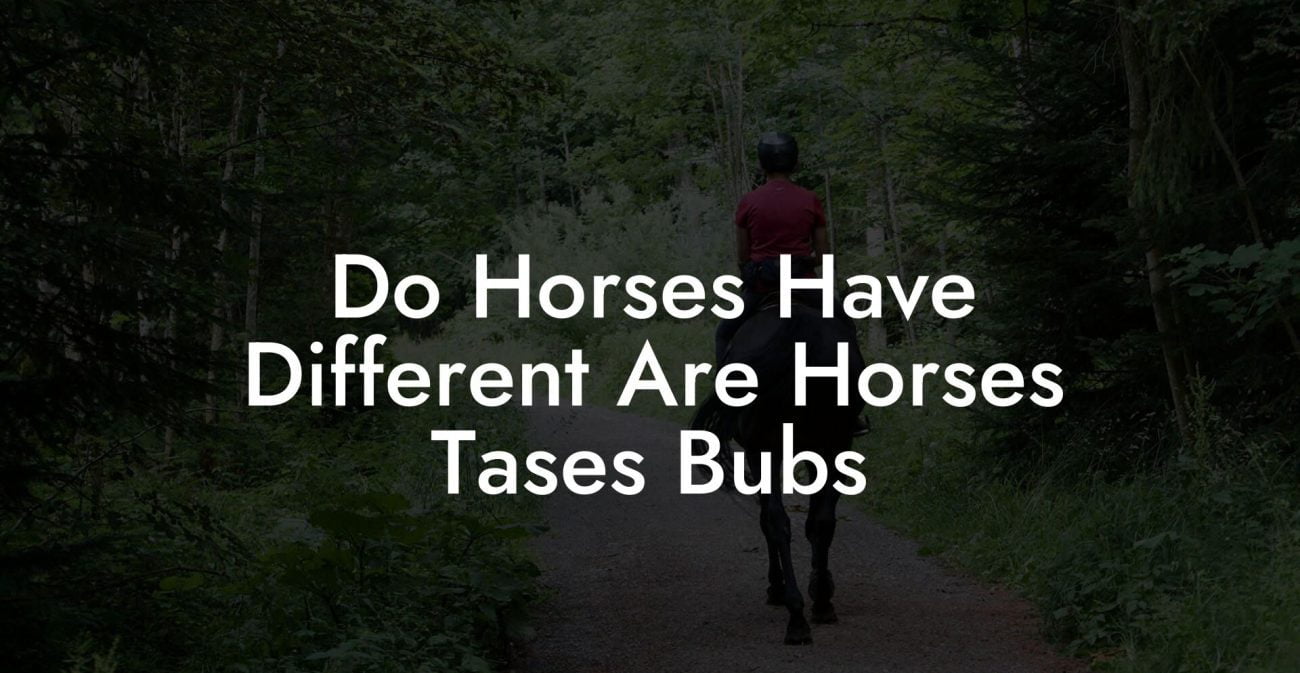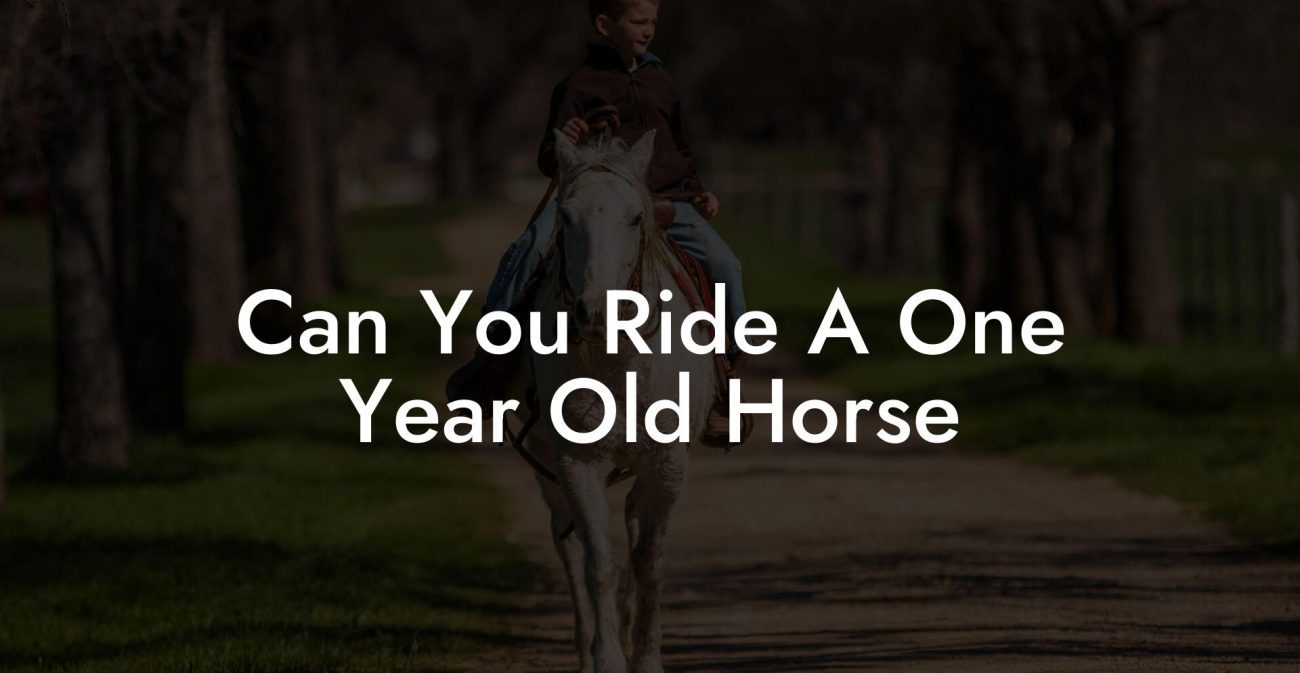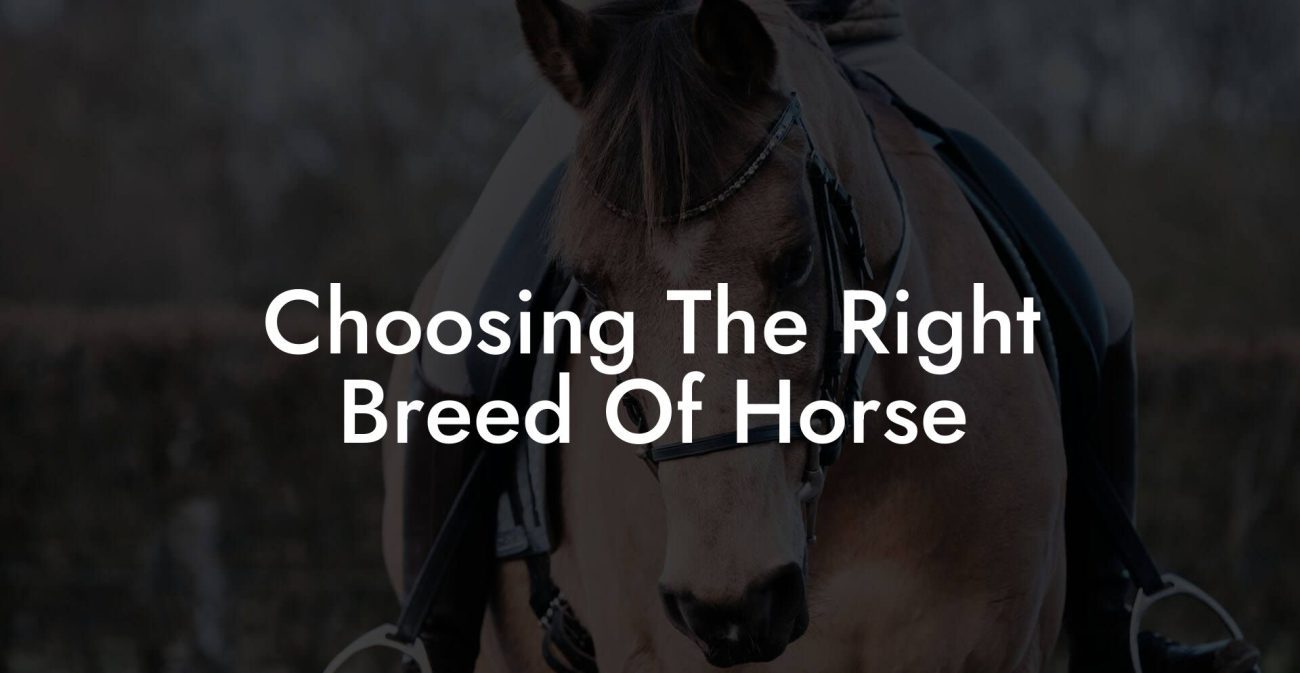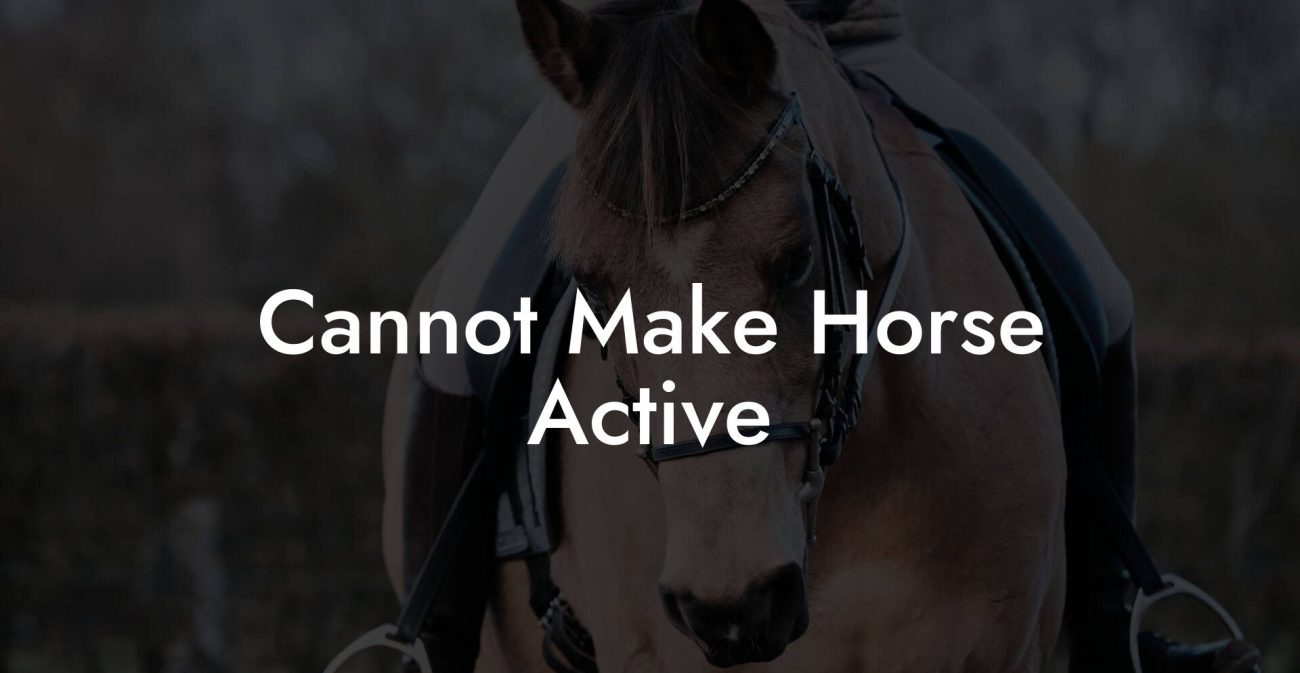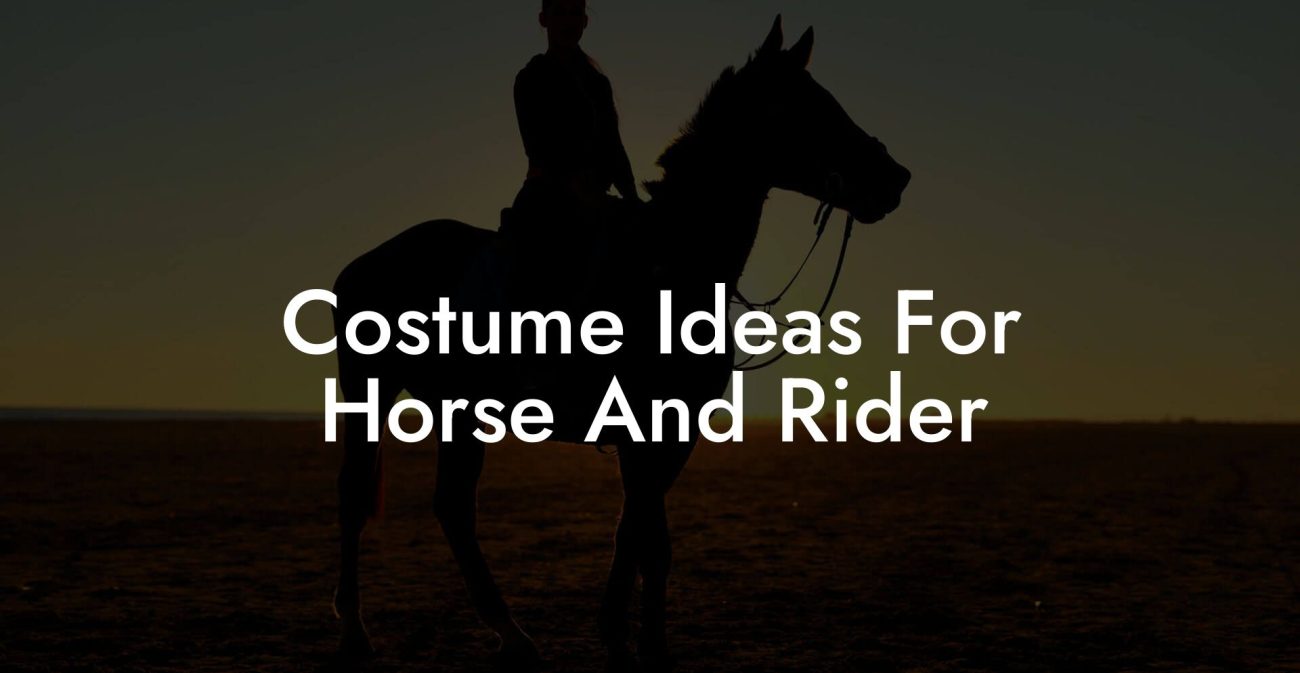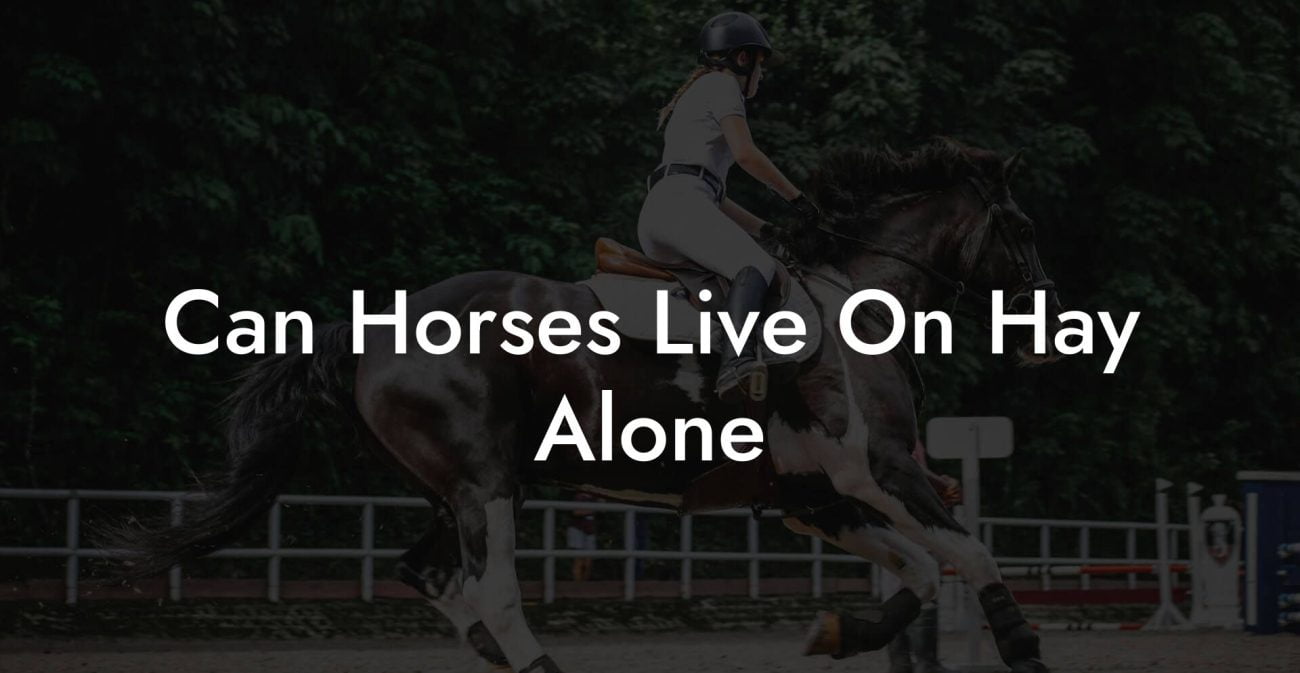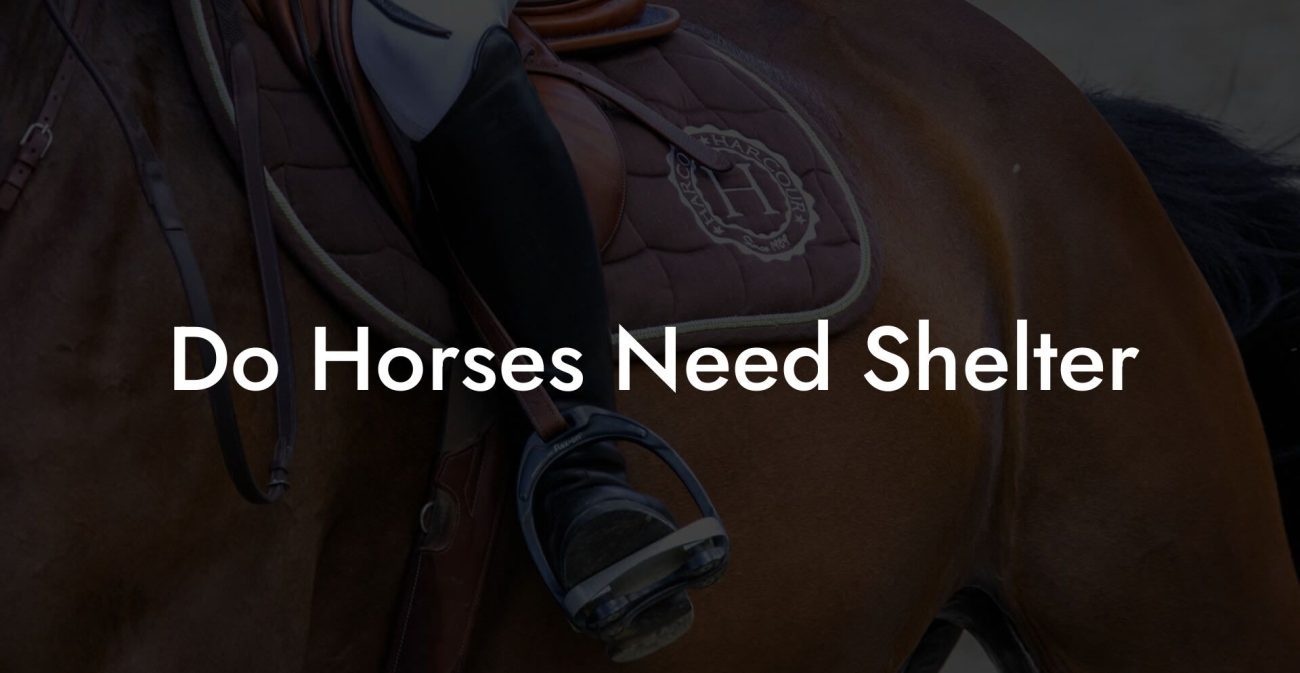When life hands you a dead horse, it’s not exactly the kind of “galloping exit” you’d expect. Instead of leaving its final mark in the paddock, you’ve got to figure out how to dispose of a dead horse in a way that’s respectful, legal, and eco-friendly. Whether you’re a first-time horse owner or an experienced equestrian facing an unexpected loss, understanding the ins and outs of proper equine carcass disposal is crucial. We’re about to dive into the surprisingly complex world of dead horse disposal, a topic that might seem macabre at first but is filled with practical advice, legal requirements, environmental considerations, and even a bit of humor to keep your spirits high during challenging times.
Quick Links to Useful Sections
- The Vital Importance of Proper Dead Horse Disposal
- Understanding the Legal Landscape: Rules, Regulations, and Permits
- Exploring Your Options: Methods for Disposing of a Dead Horse
- Burying Your Beloved Companion
- Rendering: Transforming Tragedy into Useable Products
- Incineration: An Alternative with High-Tech Efficiency
- Composting: Turning Loss into Life
- Other Alternatives: Donation and Research
- Choosing the Right Approach: Factors to Consider
- Local Regulations and Permits
- Environmental Impact
- Cost Considerations
- Emotional and Community Impact
- Professional Availability and Expertise
- A Step-by-Step Guide to Disposing of a Dead Horse
- Step 1: Confirm the Death and Secure the Site
- Step 2: Notify the Appropriate Authorities
- Step 3: Evaluate Disposal Options Based on Local Guidelines
- Step 4: Choose a Method and Arrange Professional Help (if needed)
- Step 5: Implement the Chosen Method Safely
- Step 6: Document the Process and Retain Records
- Environmental, Health, and Safety Considerations
- Preventing Contamination
- Protecting Public Health
- Long-Term Environmental Impact
- Professional Assistance: When to Call in the Experts
- Innovative and Eco-Friendly Disposal Techniques: The New Frontier
- Resources and Community Support: Your Next Steps
- FAQs: Everything You Need to Know About Disposing a Dead Horse
- Your Final Gallop: Embracing a Responsible Farewell
The Vital Importance of Proper Dead Horse Disposal
It might seem like just another inconvenient chapter in the life cycle of owning a horse, but proper disposal of a dead horse is no laughing matter. Beyond the emotional toll of saying goodbye to your equine companion, there are significant environmental, public health, and legal implications that make it essential to handle the situation with care.
Dead horses can harbor harmful bacteria and diseases that, if not disposed of correctly, may cause environmental contamination or even public health issues. By ensuring that the disposal process meets all legal and environmental guidelines, you’re doing your part to protect the local ecosystem and community, all while honoring the memory of your beloved horse. Plus, let’s be honest: nobody wants their past to linger in the form of a decaying carcass on the side of the road.
In this guide, we’ll break down everything you need to know about legally and safely disposing of a dead horse. We’ll cover disposal methods, legal regulations, necessary permits, environmental safety, and even where you might find local professional help, basically your one-stop resource for transforming a dark topic into a matter of responsible management.
Understanding the Legal Landscape: Rules, Regulations, and Permits
One of the most crucial aspects of dead horse disposal is compliance with legal regulations. Depending on your region or country, there are often strict guidelines governing how animal carcasses must be handled. Ignorance isn’t bliss here, failure to follow the law can lead to fines, legal action, or even worse if the environmental hazards get out of hand.
Local and state regulations might dictate everything from the method of disposal to the documentation required. For example, you may need to contact a veterinarian or local animal control agency to get the proper permits. Additionally, some regions have designated facilities or services for the disposal of large animal carcasses, ensuring that the process is managed safely.
Before you jump into any disposal method, do yourself a favor and check with your local agricultural extension office or environmental agency. They can provide up-to-date information on the rules that apply in your area, along with any specific requirements for handling a dead horse. Not only does this keep you legally compliant, but it also protects the environment from potential contamination.
Exploring Your Options: Methods for Disposing of a Dead Horse
When it comes to dead horse disposal, there isn’t a one-size-fits-all approach. Various methods are available, each with its own set of logistical, economic, and environmental considerations. Let’s explore the most common techniques and weigh their pros and cons.
Burying Your Beloved Companion
Burial is one of the oldest methods for disposing of animal remains, and it can offer a gentle, respectful farewell. However, burying a dead horse isn’t as simple as digging a hole in your backyard. Many areas have strict regulations concerning burial depth, location (often away from water sources), and the use of burial vaults or liners.
Pros:
- Provides a sense of closure and can serve as a memorial.
- Reduces the risk of surface contamination when done according to guidelines.
- Cost-effective, especially for those with private property that has the requisite space.
Cons:
- Requires adherence to local zoning and environmental laws.
- May not be suitable in urban or heavily regulated areas.
- Potential for environmental contamination if not done properly.
Rendering: Transforming Tragedy into Useable Products
Rendering involves processing animal carcasses into materials like fats, proteins, and other by-products used in industrial applications. This method is generally carried out by companies with specialized facilities and is strictly regulated to ensure safety.
Pros:
- Scientifically proven to manage biohazard risks effectively.
- Provides materials that can be repurposed in various industries, reducing waste.
- Often mandated or recommended by regulatory agencies.
Cons:
- Not typically a DIY approach, requires professional intervention.
- May be more costly compared to other methods.
- Less personal control over the disposal process.
Incineration: An Alternative with High-Tech Efficiency
Incineration is another method that involves using high temperatures to reduce a carcass to ash and bone fragments. While this method can be swift and thorough, it’s typically reserved for larger operations or specific cases where biosecurity is a primary concern.
Pros:
- Extremely effective at completely eliminating organic matter.
- Reduces the risk of disease transmission through complete combustion.
- Controlled environments ensure adherence to environmental standards.
Cons:
- Often prohibited for personal use in some areas.
- High energy consumption and associated costs.
- Requires specialized equipment and professional oversight.
Composting: Turning Loss into Life
Composting a dead horse might sound like the start of a morbid gardening experiment, but it’s an eco-friendly option gaining traction in some regions. When done under controlled conditions, composting can transform a carcass into nutrient-rich soil. However, this method requires careful management to ensure that the decomposition process is safe, efficient, and compliant with local health regulations.
Pros:
- Environmentally friendly and sustainable.
- Reduces waste by converting it into usable compost.
- Can be managed on-site if space and conditions allow.
Cons:
- Requires significant time and proper management to avoid health hazards.
- Not suitable in all climates or geographic regions.
- May need to be done in conjunction with a professional who understands composting protocols for large animals.
Other Alternatives: Donation and Research
In rare cases, deceased horses may be used for research or educational purposes at veterinary schools and universities. Such donations can contribute valuable information to the study of equine diseases, anatomy, and preservation techniques. However, this option depends on strict criteria and prior arrangements with the receiving institution.
Pros:
- Helps advance scientific research and veterinary education.
- Can provide solace knowing that your horse’s legacy is contributing to important studies.
- May offer tax benefits or reduced disposal fees in some cases.
Cons:
- Requires pre-arranged agreements and stringent criteria.
- Not available in all regions or for all types of equine deaths.
- Emotional challenges may arise from the idea of your companion becoming a research specimen.
Choosing the Right Approach: Factors to Consider
The decision on how to dispose of a dead horse will depend on a myriad of factors. It’s essential to weigh the legal, environmental, logistical, and emotional implications before taking action. Here are some key considerations to guide you:
Local Regulations and Permits
Laws and guidelines regarding animal disposal can vary significantly between municipalities and states. Before committing to any method, research your local regulations and obtain the necessary permits. This might involve contacting your local agricultural department, animal control, or environmental protection agency.
Environmental Impact
One of the most pressing concerns with dead horse disposal is environmental safety. Improper handling can lead to contamination of groundwater, soil, and nearby water sources. Consider the potential ecological impact when choosing between burial, incineration, or composting. For example, if you’re in an area with vulnerable water resources or sensitive ecosystems, a controlled rendering or professionally managed incineration might be the best choice.
Cost Considerations
Budget is a very real factor in this equation. Some disposal methods, like professional rendering or incineration, can come with a hefty price tag, while others like on-site burial might be more economical, provided you have the land and meet legal requirements. It’s a balancing act between cost, environmental safety, and legal compliance.
Emotional and Community Impact
Parting with a horse is an emotional experience. Some owners may find solace in a burial that doubles as a memorial, while others may prefer the efficiency of professional services to avoid repeated reminders of loss. Additionally, consider the sensibilities of your neighbors and community; a visible burial site or improper placement might not be well received by everyone.
Professional Availability and Expertise
In many cases, enlisting the help of professionals is the safest, and sometimes the only, option. Veterinarians, specialized animal removal services, and local agricultural organizations are well-versed in the intricacies of dead horse disposal and can guide you every step of the way.
A Step-by-Step Guide to Disposing of a Dead Horse
Now that you’re armed with a thorough understanding of the options and considerations, let’s break down the process step by step, so that you know exactly what to do when the time comes.
Step 1: Confirm the Death and Secure the Site
It may sound obvious, but confirming the horse’s death with a trusted veterinarian is a critical first step. This not only affords you certification for legal purposes but also helps in documenting the event for insurance and regulatory reasons. Once confirmed, secure the area to prevent any further contamination or unintentional contact, horses (even in death) can attract scavengers.
Step 2: Notify the Appropriate Authorities
Depending on where you live, it may be legally required to notify local animal control, agricultural departments, or environmental agencies. This step ensures that you receive proper guidance and necessary permits for proceeding with the disposal.
Step 3: Evaluate Disposal Options Based on Local Guidelines
With the legal boxes ticked, take time to evaluate your options. Consult with professionals if needed, and weigh the pros and cons of burial, rendering, incineration, or composting. Consider your location, environmental factors, cost, and the emotional connection you have with your horse.
Step 4: Choose a Method and Arrange Professional Help (if needed)
Once you have selected the method that best fits your circumstances, arrange for the necessary professionals to assist you. For burial, this might mean hiring a service that specializes in large-animal burials and ensuring that you comply with local zoning laws. For rendering or incineration, contact licensed facilities experienced in equine carcass processing.
Step 5: Implement the Chosen Method Safely
Follow through with your chosen method while strictly adhering to all safety protocols and legal requirements. Whether you’re burying the carcass with protective liners and markers, or watching as professionals handle incineration, ensure that every step is documented and that you have confirmation that the process was completed according to guidelines.
Step 6: Document the Process and Retain Records
For your own records, and in case future inquiries arise, document the entire process. Keep copies of permits, veterinarian records, receipts from professional services, and any other relevant documents. This documentation not only serves a legal purpose but can also provide peace of mind, knowing that you’ve handled the situation responsibly.
Remember, this isn’t just about getting rid of a carcass, it’s about protecting your community, your local ecosystem, and preserving the dignity of a creature that was once a vibrant part of your life.
Environmental, Health, and Safety Considerations
Handling a dead horse isn’t just a legal or emotional task, it’s an environmental and public health responsibility, too. Improper disposal can have far-reaching impacts on your community’s water sources, soil quality, and overall ecosystem balance. Here’s what you need to keep in mind:
Preventing Contamination
Carcasses decompose over time, releasing potentially harmful bacteria and pathogens into the surrounding soil and water. To mitigate these risks, ensure that dead horse disposal is conducted in areas that comply with environmental safety standards. For burials, this means choosing an appropriate depth and distance from water sources. Rendering and incineration are designed to neutralize harmful bacteria, provided that the process is managed correctly.
Protecting Public Health
Exposure to decaying organic matter can result in various health hazards for people and other animals. Part of responsible disposal involves making sure that those who come into contact with the carcass, whether during the removal process or by accident afterward, are protected. Wearing protective gear, following sanitation protocols, and properly managing waste materials are all essential steps.
Long-Term Environmental Impact
Each disposal method has its own ecological footprint. While incineration and rendering are effective at neutralizing biological hazards, they consume energy and may produce emissions. On the other hand, burial and composting require careful site selection to avoid long-term soil and water contamination. Weigh these factors based on your local environment and regulations to choose the method with the least negative impact.
By making informed choices, you’re not only honoring your horse but also taking steps to ensure that the environment can continue to thrive long after your loss.
Professional Assistance: When to Call in the Experts
Let’s be real, when it comes to disposing of a dead horse, sometimes you just need to call in the pros. A wide range of professionals are available to help, including veterinarians, specialized equine disposal services, and local environmental agencies. Their expertise can guide you through the legal maze, help you select the most appropriate method, and ensure that all regulations are met.
It’s absolutely okay to lean on these professionals. After all, handling a dead horse isn’t exactly a fun DIY project, and professional help can save you from potential pitfalls, ensure compliance with environmental standards, and ultimately make a difficult process a little less overwhelming.
In many cases, these experts offer comprehensive services, from the initial assessment and documentation to the actual removal and final disposal, so you can take comfort in knowing that your horse’s final journey is being managed safely and respectfully.
Innovative and Eco-Friendly Disposal Techniques: The New Frontier
As technology and our understanding of environmental science evolve, so too do the methods for managing dead animal disposal. While traditional techniques like burial and rendering remain common, innovative and eco-friendly techniques are emerging that blend efficiency with sustainability.
One such method is advanced composting systems designed specifically for large animal carcasses. These systems combine controlled microbe-rich environments with temperature and moisture regulators to expedite decomposition while neutralizing pathogens. The end product? High-quality compost that can enhance soil health, talk about turning a loss into a life-giving resource.
Another promising approach is the use of mobile incineration units, which bring the necessary technology directly to the site, reducing the need for transportation and minimizing environmental impact. Although still in the early stages of adoption, these eco-friendly methods demonstrate how modern innovation can bridge the gap between practicality and sustainability.
Resources and Community Support: Your Next Steps
Facing the challenge of disposing of a dead horse isn’t something you have to do alone. There’s a wealth of resources available to guide you through every step of the process. Start by reaching out to your local county extension office, animal control, or environmental agency to understand the rules in your area. Additionally, professional equine disposal services can offer hands-on assistance and expert guidance.
Online communities and forums are also great places to connect with fellow horse owners who have been there before. These communities can provide not only practical advice but also emotional support during a difficult time. Whether you need help navigating bureaucratic red tape or simply want to share stories and memories of your horse, community support can be a beacon of light.
Finally, consider maintaining a resource folder with all relevant contacts, local laws, and professional recommendations. This proactive step can be invaluable not only when facing unexpected losses but as part of your overall horse care strategy. Being prepared means reducing stress and ensuring that, when the time comes, you have all the information you need to take the most respectful and efficient course of action.
FAQs: Everything You Need to Know About Disposing a Dead Horse
To round out our comprehensive guide, here are some frequently asked questions about dead horse disposal, answered in a clear, concise manner.
1. What is the most common method for disposing of a dead horse?
The most common methods include burial, rendering, incineration, and composting. The choice depends largely on local regulations, environmental considerations, and personal preferences.
2. Do I need a permit to bury a dead horse?
Yes, in many regions, you need a permit and must follow strict guidelines regarding burial depth, location, and environmental safety measures. Always check with your local authorities.
3. Is rendering a dead horse harmful to the environment?
Rendering, when done in professionally managed facilities, is designed to neutralize pathogens and is regulated to minimize environmental impact.
4. Can I compost a dead horse on my property?
Composting a dead horse is possible in certain regions, but it requires a controlled environment and strict adherence to local regulations to ensure safety and prevent contamination.
5. How do I know which method is right for me?
Consult with local authorities and professional equine disposal services to evaluate your options based on legal, environmental, and logistical factors. Your local context plays a huge role in determining the best approach.
6. Are there eco-friendly disposal methods available?
Yes, innovative techniques such as advanced composting and mobile incineration units are emerging as eco-friendly alternatives that balance efficiency with environmental responsibility.
7. What role do veterinarians play in this process?
Veterinarians can confirm the death, provide necessary documentation, and often guide you to appropriate animal disposal services. Their involvement is crucial for legal and health reasons.
8. Is professional help necessary for disposing of a dead horse?
While some owners might feel capable of handling certain methods on their own, professional help is highly recommended to ensure all legal and environmental protocols are followed.
9. How can I ensure my disposal process is both ethical and safe?
By adhering to local regulations, consulting professionals, and choosing a method that minimizes environmental impact, you can ensure that your dead horse is disposed of ethically and safely.
10. Can I use my dead horse’s remains in any beneficial way?
In some cases, yes, advanced composting or donating the remains for research can turn your loss into resources that benefit the environment or scientific knowledge.
Your Final Gallop: Embracing a Responsible Farewell
Though the subject might seem somber, the disposal of a dead horse is an essential part of responsible equine care. By tackling the legal requirements, exploring multiple disposal methods, and weighing environmental considerations, you’re ensuring that your beloved companion gets the respectful send-off it deserves. Remember, each step, from confirming the death through a veterinarian to choosing an eco-friendly method, plays a critical role in safeguarding public health, preserving the environment, and honoring the memory of your horse.
It’s not just about getting rid of a carcass; it’s about transforming a challenging experience into an act of care and responsibility. So, whether you decide on a traditional burial that doubles as a cherished memorial or opt for modern rendering or composting techniques, celebrate the journey you shared with your horse by handling its final departure with the dignity and respect it truly deserves.
As you navigate this difficult process, remember that resources and professional guidance are available should you need them. Reach out to local agencies, communities, and experts who can offer both practical help and emotional support. In doing so, you’re not only taking a responsible step to protect your community and the environment but also honoring a remarkable companion who once ran free.
Life on the ranch or in the paddock comes with its share of joys and challenges, and understanding how to dispose of a dead horse is just one chapter in the book of responsible animal care. May your journey forward be filled with learning, healing, and the confidence that you made the best decision for your animal, your community, and the environment.
Embrace the process, lean on the experts, and let your actions speak to the care and respect you held for your horse. Because sometimes, even in the toughest moments, a little humor, a lot of responsibility, and an unwavering commitment to doing what’s right can transform a challenging chapter into one that ultimately uplifts you and those around you.

